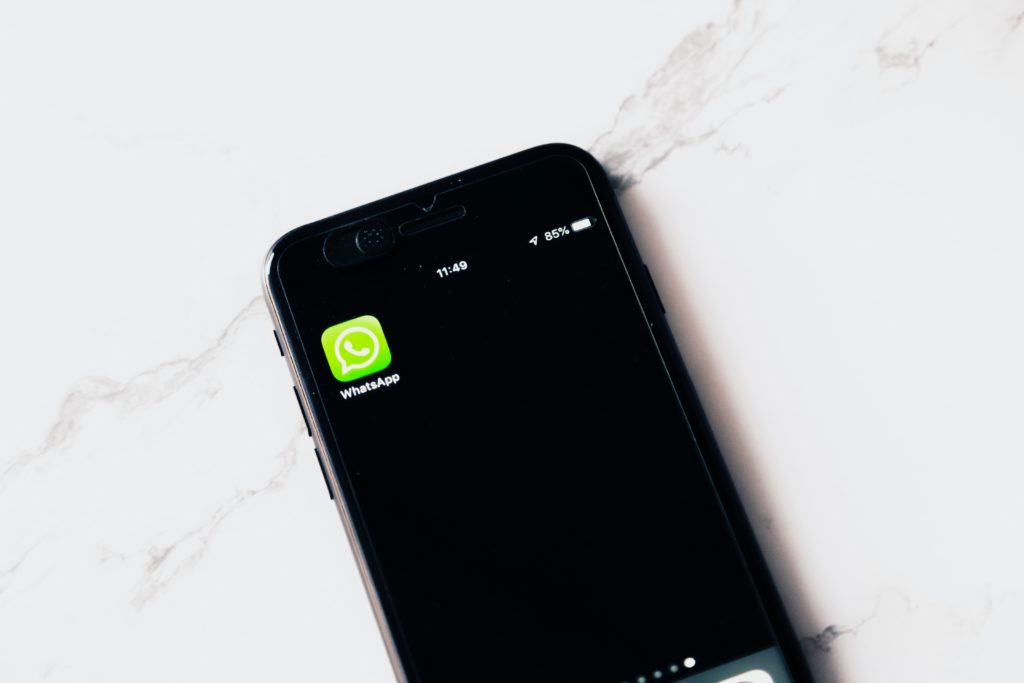Users who do not accept WhatsApp’s latest changes to its privacy policy will no longer be able to continue using the app.
While the app remains end-to-end encrypted, meaning your messages are encrypted to protect against WhatsApp and third parties from reading them, the app will collect and share private data of users to Facebook, which owns the app.
The change is focused on business-related accounts and chats, WhatsApp confirmed to MoneyWeb.
“There will be no change in data sharing with Facebook for non-business chats and account information, and with regard to business messaging, we are not mandating users to share data,” the company said.
“As we’ve said previously, we are updating our terms of service and privacy policy as we work to make WhatsApp a great way to get answers or help from a business. We’re providing users with ample notice to review the changes.”
Regardless, this appears to be the straw that broke the camel’s back. Fears over the changes allowing Facebook-linked third party sites greater access to personal information has led to many looking for alternatives to replace the app.
Here are the apps growing in popularity amid WhatsApp’s downfall:
Telegram
Telegram is a freeware, cross-platform, cloud-based instant messaging, video calling, and VoIP service. With Telegram, you can send messages, photos, videos and files of any type (doc, zip, mp3, etc), as well as create groups for up to 200 000 people or channels for broadcasting to unlimited audiences. You can write to your phone contacts and find people by their usernames.
As a result, Telegram is like SMS and email combined — and can take care of all your personal or business messaging needs. In addition to this, they support end-to-end encrypted voice calls.
Unlike WhatsApp, Telegram is a cloud-based messenger with seamless sync. As a result, you can access your messages from several devices at once, including tablets and computers, and share an unlimited number of photos, videos and files (doc, zip, mp3, etc.) of up to 2 GB each. And if you don’t want to store all that data on your device, you can always keep it in the cloud.
Thanks to their multi-data centre infrastructure and encryption, Telegram also claims to be faster and way more secure. On top of that, private messaging on Telegram is free and will stay free — no ads, no subscription fees, forever.
Signal
Signal is a cross-platform encrypted messaging service developed by the Signal Foundation and Signal Messenger. It uses the internet to send one-to-one and group messages, which can include files, voice notes, images and videos.
State-of-the-art end-to-end encryption (powered by the open-source Signal Protocol) keeps your conversations secure, which means they can only be read or heard by your intended recipients.
Signal is designed to never collect or store any sensitive information. Signal messages and calls cannot be accessed by them or other third parties because they are always end-to-end encrypted, private, and secure. There are also no ads and no affiliate marketers.
#WhatsApp‘s new privacy policy has people worried. But how much data does it collect compared to Signal APP, Telegram & Facebook ?
A lot more, it turns out, as shown by the privacy labels of these messaging apps. pic.twitter.com/VdXLn7acMU— Alekh Shrivastava (@Mr_aalekh) January 10, 2021
Picture: Pexels

